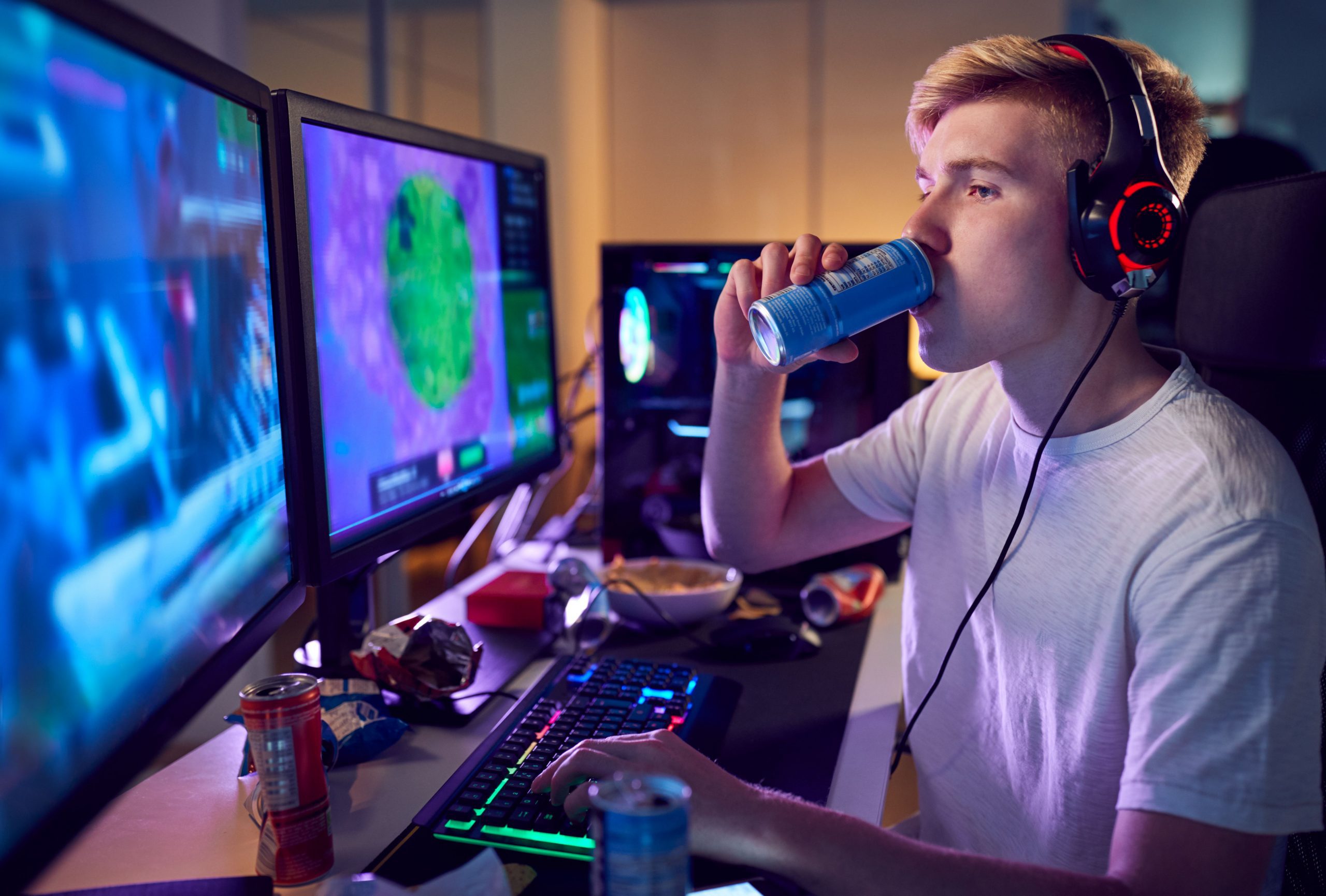Association between screen time, fast foods, sugar-sweetened beverages and depressive symptoms in Chinese adolescents
This 2020 study explored the association between screen time (ST), fast foods (FFs) and sugar-sweetened beverages (SSBs) consumption with depressive symptoms among Chinese adolescents, and analyzed the mediating effects of FFs and SSBs in the relationship between ST and depressive symptoms. A total of 14,500 students across four provinces of China took part in this nationwide survey, which assessed depressive symptoms using the Children’s Depression Inventory and administered a questionnaire to measure ST, FFs and SSBs intake. The logistic regression analysis revealed that ST, FFs and SSBs were positively associated with depressive symptoms, especially in models adjusted for sociodemographic variables (odds ratios were 1.075, 1.062 and 1.140). While the direct effect, mediating effect, and the total effect of FFs and SSBs, as well as the ratio of mediating effect to total effect were: 0.125, 0.034, 0.159, and 0.214, respectively, indicated by the Bayesian multiple mediation model [all path coefficients of the three mediation paths were statistically significant (p < 0.05)]. Xu et al. (2020) concludes that ST, FFs and SSBs consumption correlate with depressive symptoms among Chinese adolescents, and that FFs and SSBs probably mediate this interaction at least partially through chain-mediating effects. [NPID: screen time, eating behaviors, social media, fast food, sugar-sweetened beverages, SSBs, depression, China, adolescents]
Year: 2020
 Navigation
Navigation






